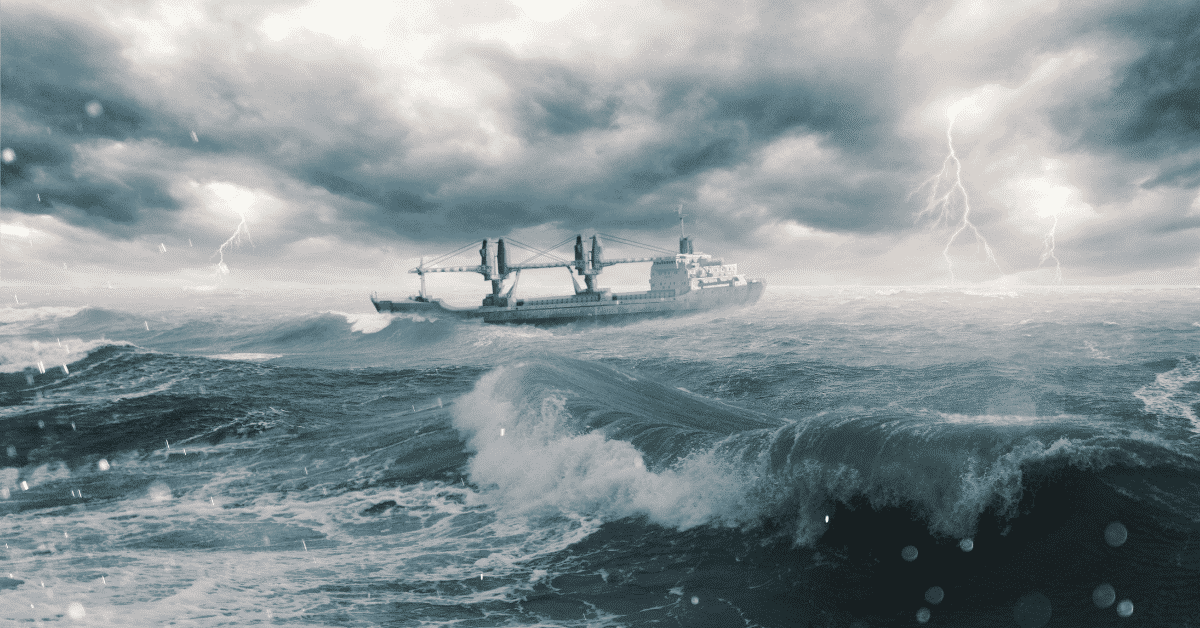
The Challenges of Marine Engineering: Overcoming Adversities at Sea
Marine engineering is one of the most demanding fields in the maritime industry, requiring expertise in mechanical systems, electrical engineering, and naval architecture. Marine engineers play a crucial role in ensuring the safe and efficient operation of ships, submarines, and offshore structures. However, working at sea presents unique challenges, including extreme weather conditions, mechanical failures, and environmental concerns.
In this article, we will explore the key challenges faced by marine engineers and the innovative solutions used to overcome these adversities at sea.
1. Harsh and Unpredictable Weather Conditions
One of the biggest challenges for marine engineers is dealing with extreme weather conditions such as storms, high waves, and hurricanes. Rough seas can impact ship stability, damage mechanical components, and make repairs difficult.
How Engineers Overcome This Challenge:
✔ Designing and maintaining robust ship structures that can withstand harsh conditions.
✔ Implementing real-time weather monitoring systems to plan safe navigation routes.
✔ Using advanced stabilization technologies like gyroscopic stabilizers to reduce ship motion.
2. Machinery and Equipment Failures
Marine engineers are responsible for the maintenance and repair of complex ship machinery, including propulsion systems, power generators, and hydraulic systems. Continuous operation in a high-moisture environment increases the risk of corrosion and mechanical failures.
How Engineers Overcome This Challenge:
✔ Regular preventive maintenance and condition-based monitoring (CBM) using sensors.
✔ Emergency troubleshooting and onboard repair teams trained to handle breakdowns.
✔ Using high-quality, corrosion-resistant materials to enhance the durability of ship components.
3. Limited Resources and Spare Parts at Sea
Unlike land-based industries, ships operate in remote areas where access to spare parts and repair facilities is limited. If a critical component fails, engineers must find a way to repair or replace it with available resources.
How Engineers Overcome This Challenge:
✔ Carrying essential spare parts and multi-purpose tools onboard.
✔ Implementing 3D printing technology for on-demand manufacturing of spare parts.
✔ Training crew members in emergency improvisation and alternative repair techniques.
4. Power Supply and Energy Efficiency
Ships require large amounts of energy to operate, and power failures can lead to severe disruptions. Marine engineers must ensure that power generation and distribution systems function efficiently while also reducing fuel consumption.
How Engineers Overcome This Challenge:
✔ Using energy-efficient propulsion systems such as LNG (Liquefied Natural Gas) engines.
✔ Implementing hybrid power solutions that combine traditional fuel with solar or wind energy.
✔ Smart energy management systems to optimize fuel consumption and reduce emissions.
5. Environmental Regulations and Sustainability Challenges
With increasing global concern over marine pollution and climate change, marine engineers must comply with strict environmental regulations such as the IMO’s MARPOL conventions.
How Engineers Overcome This Challenge:
✔ Implementing ballast water treatment systems to prevent invasive species transfer.
✔ Using exhaust gas cleaning systems (scrubbers) to reduce sulfur emissions.
✔ Developing green propulsion technologies such as hydrogen fuel cells and electric ships.
6. Crew Fatigue and Mental Well-being
Marine engineers work in physically and mentally demanding environments. Long shifts, isolation from family, and rough seas can lead to fatigue and stress, affecting performance and decision-making.
How Engineers Overcome This Challenge:
✔ Implementing work-rest cycle regulations to prevent burnout.
✔ Providing onboard entertainment and recreational facilities.
✔ Regular mental health training and support programs for seafarers.
7. Cybersecurity Threats in Modern Ships
With the increasing use of automation, IoT, and smart navigation systems, ships are becoming vulnerable to cyber-attacks. Hackers can target ship control systems, GPS navigation, and onboard databases.
How Engineers Overcome This Challenge:
✔ Installing advanced cybersecurity protocols and firewalls.
✔ Regular security audits and crew training on cyber threat prevention.
✔ Using encrypted communication systems to protect ship data.
8. Safety Hazards and Emergency Situations
From fires in the engine room to oil spills and mechanical explosions, marine engineers must be prepared to handle emergencies at sea.
How Engineers Overcome This Challenge:
✔ Conducting regular emergency drills for fire, flooding, and engine failure.
✔ Ensuring all safety equipment, such as fire suppression systems and lifeboats, are functional.
✔ Quick decision-making and coordination with the bridge crew during emergencies.

